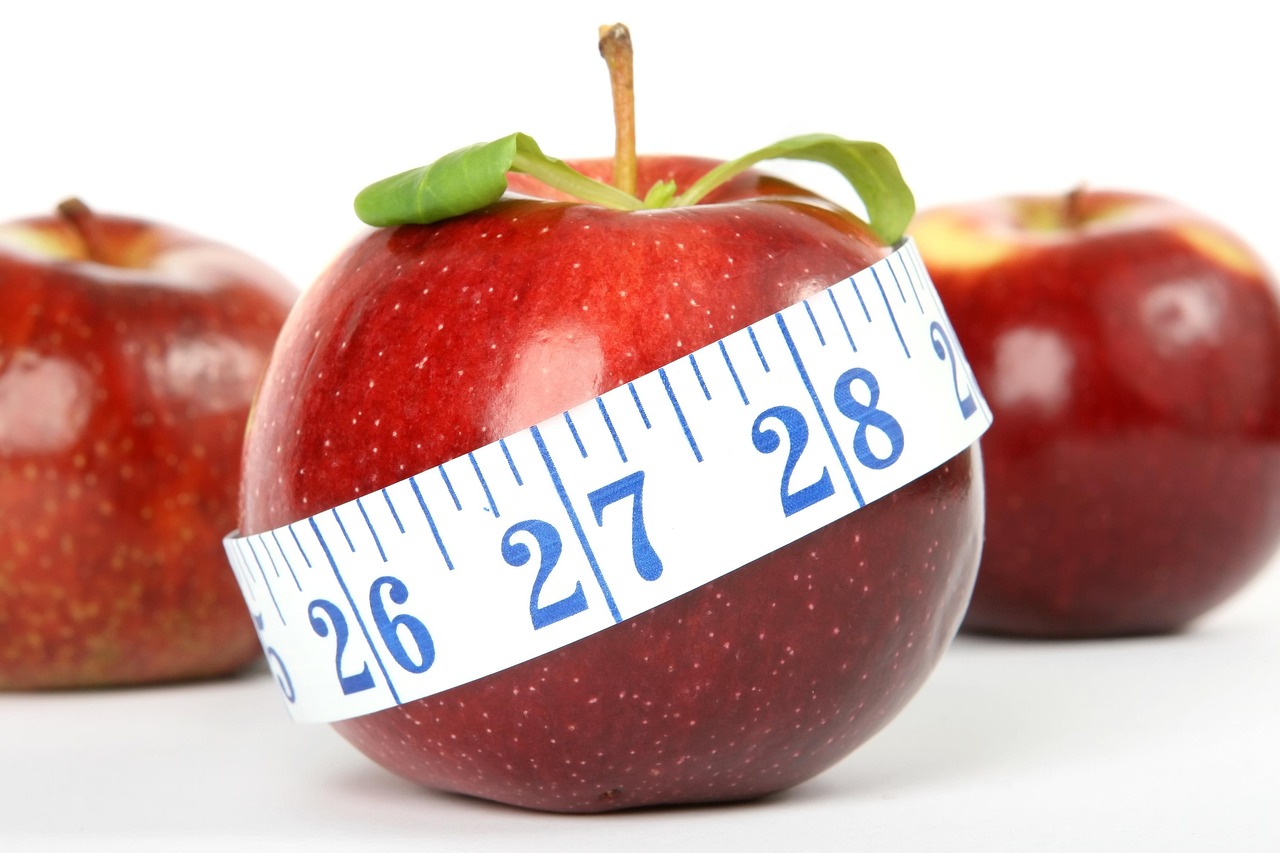Best Fruits for Kidney Health: Natural Support for Kidney Disease
Including fruits in your diet can support overall kidney health by providing essential vitamins, minerals, and antioxidants. A balanced selection of fresh, natural fruits helps maintain hydration, promote proper bodily functions, and contribute to long-term wellness.

What Are the Top Fruits for Kidney Health?
Several fruits stand out for their kidney-supportive properties due to their low potassium content, antioxidant levels, and anti-inflammatory compounds. Apples are excellent choices because they’re low in potassium and high in fiber, helping reduce cholesterol levels that can impact kidney function. Berries, including blueberries, strawberries, and cranberries, contain powerful antioxidants called anthocyanins that may help reduce inflammation in the kidneys.
Red grapes offer resveratrol, a compound known for its protective effects on kidney tissue. Pineapple provides vitamin C and bromelain, an enzyme with anti-inflammatory properties. These fruits for kidney health should be consumed in appropriate portions as part of a kidney-friendly diet plan developed with healthcare professionals.
Which Fruits That Support Healthy Kidneys Should You Include Daily?
Daily fruit consumption for kidney health should focus on variety and moderation. Cherries are particularly beneficial due to their anti-inflammatory properties and relatively low potassium content compared to other stone fruits. They may help reduce uric acid levels, which is important for preventing kidney stone formation.
Watermelon, despite containing moderate potassium levels, can be beneficial in small portions due to its high water content, which supports hydration and kidney function. However, portion control is essential for individuals with advanced kidney disease. Plums and peaches, when consumed in moderation, provide vitamin C and fiber while maintaining reasonable potassium levels. These fruits that support healthy kidneys work best when integrated into a balanced meal plan designed specifically for kidney health needs.
How Do Healthy Fruits for Kidney Care Complement Medical Treatment?
Healthy fruits for kidney care serve as nutritional allies alongside medical interventions rather than replacements for prescribed treatments. The antioxidants found in kidney-friendly fruits help combat oxidative stress, which can damage kidney cells over time. Vitamin C from citrus fruits like oranges and lemons supports immune function, though portion sizes may need adjustment based on individual kidney function levels.
The fiber content in fruits like apples and pears can help manage blood sugar levels, which is particularly important for diabetic kidney disease patients. Additionally, the natural compounds in these fruits may help reduce inflammation markers associated with chronic kidney disease progression. Healthcare providers often recommend specific fruits based on individual lab results, including potassium, phosphorus, and protein levels in the blood.
Kidney-Friendly Fruit Options by Disease Stage
| Fruit | Early Stage CKD | Advanced CKD | Key Benefits |
|---|---|---|---|
| Apples | 1 medium daily | 1 small daily | Low potassium, high fiber |
| Blueberries | 1/2 cup daily | 1/3 cup daily | Antioxidants, low potassium |
| Cranberries | 1/4 cup daily | 2 tbsp daily | UTI prevention, low potassium |
| Red Grapes | 15-20 grapes | 10-15 grapes | Resveratrol, moderate potassium |
| Watermelon | 1 cup | 1/2 cup | Hydration, moderate potassium |
Fruit portions are general recommendations and may vary based on individual kidney function, lab values, and healthcare provider guidance. Always consult with a registered dietitian specializing in kidney disease for personalized meal planning.
What Fruits Should Kidney Disease Patients Limit or Avoid?
While many fruits offer health benefits, some may not be suitable for individuals with kidney disease, particularly those in advanced stages. High-potassium fruits like bananas, oranges, cantaloupe, and dried fruits should be limited or avoided depending on blood potassium levels. Star fruit contains neurotoxins that can be dangerous for people with kidney disease and should be completely avoided.
Avocados, while nutritious for healthy individuals, are extremely high in potassium and typically restricted in kidney diets. Dried fruits concentrate both potassium and phosphorus, making them problematic for kidney disease management. Fresh fruits are generally preferred over fruit juices, which can be high in potassium and lack the beneficial fiber found in whole fruits.
Managing kidney disease through dietary choices requires careful attention to both beneficial and potentially harmful foods. The right selection of fruits can provide essential nutrients while supporting kidney function and overall health. Working with healthcare professionals, including nephrologists and registered dietitians, ensures that fruit choices align with individual health needs and treatment goals. Regular monitoring of kidney function and blood chemistry helps guide appropriate dietary modifications as the condition progresses, making personalized nutrition planning an essential component of comprehensive kidney disease care.
This article is for informational purposes only and should not be considered medical advice. Please consult a qualified healthcare professional for personalized guidance and treatment.




